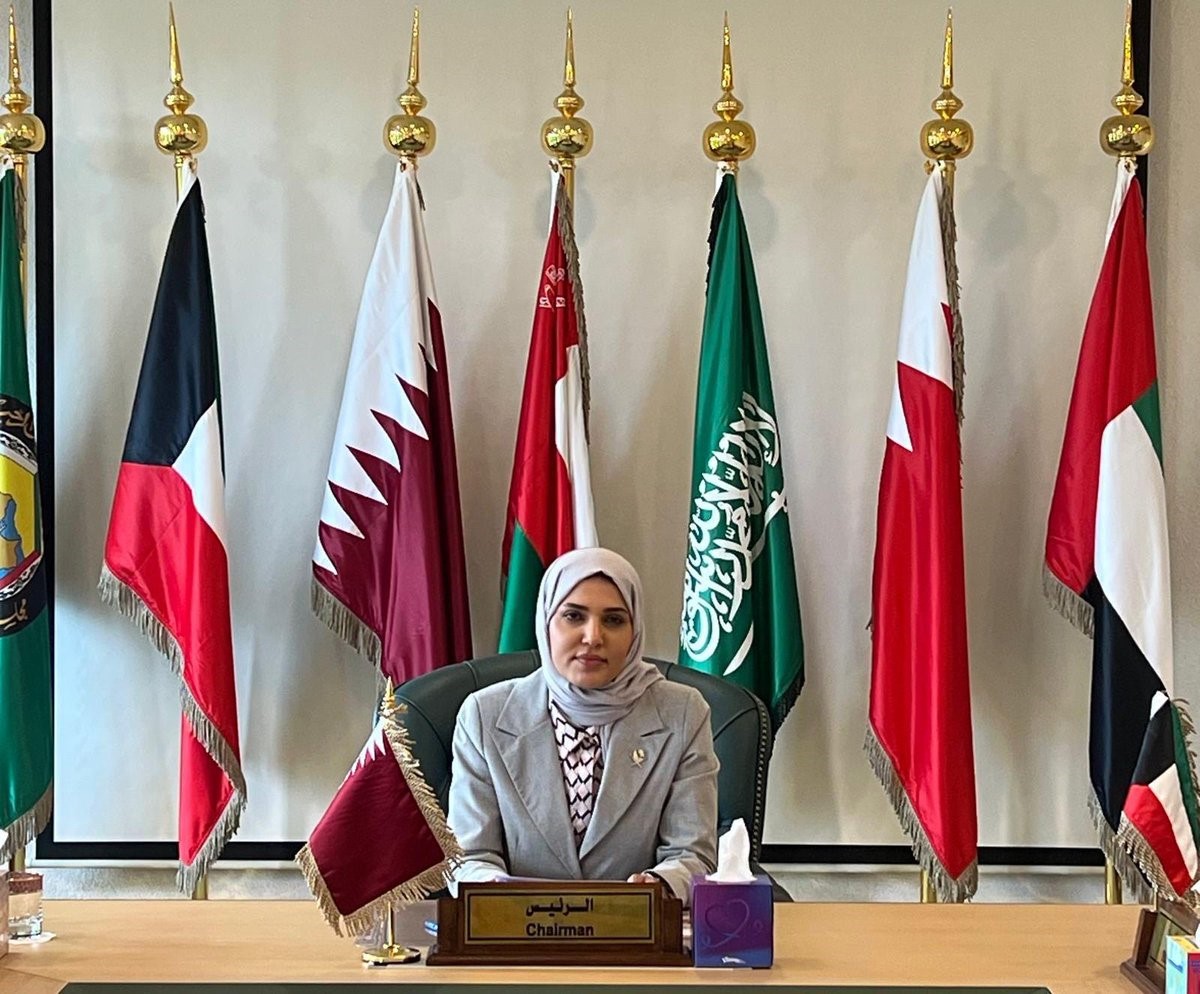The Gulf Cooperation Council (GCC) States are emphasizing the importance of addressing climate change as a priority issue due to its negative effects on humanity’s security and safety. In a statement delivered by the Permanent Representative of Qatar to the United Nations Office in Geneva, Dr. Hind Abdulrahman Al-Muftah, on behalf of the GCC States, it was highlighted that collective action and constructive cooperation are crucial in finding solutions to climate change. The GCC States have actively participated in international and regional initiatives to tackle climate change, with the Climate Conference being a significant reference point for addressing all aspects related to climate change and the responsibilities of countries responsible for it.
The GCC States made it clear that the Human Rights Council is not the appropriate forum to discuss the future of global energy, especially regarding the abandoning of fossil fuels. Any proposals addressing climate change should be within the framework of the Framework Climate Agreement and the Paris Agreement. The GCC States are proud of their initiatives to combat climate change, including the Green Saudi Arabia and Green Middle East initiatives, the Environmental Pioneers Initiative in Qatar, and the hosting of COP28 by the UAE at the end of 2023. These initiatives demonstrate the commitment of the GCC States to enhancing responses to climate change, which they believe are based on three equally important pillars: ensuring energy security, economic prosperity, and reducing greenhouse gas emissions.
The GCC States highlighted the importance of cooperation and collective action in addressing climate change, as it has overlapping negative effects on the security and safety of humanity. They underscored that finding solutions to climate change requires constructive cooperation and achieving common goals. The GCC States have actively participated in various international and regional initiatives to tackle climate change, with the Climate Conference being a crucial reference for addressing all precise aspects related to climate change and the responsibilities of countries responsible for it.
The GCC States emphasized that the Human Rights Council is not the appropriate platform to discuss the future of global energy and that any proposals addressing climate change should be within the framework of the Framework Climate Agreement and the Paris Agreement. They are proud of their initiatives in combating climate change, such as the Green Saudi Arabia and Green Middle East initiatives, the Environmental Pioneers Initiative in Qatar, and the UAE’s hosting of COP28 in 2023. These initiatives showcase the commitment of the GCC States to enhancing responses to climate change, which they believe are based on ensuring energy security, economic prosperity, and reducing greenhouse gas emissions.
In conclusion, the GCC States are firmly committed to addressing climate change as a priority issue, emphasizing the importance of collective action and cooperation in finding solutions. They have actively participated in international and regional initiatives to combat climate change, including hosting important events such as COP28. The GCC States believe that responses to climate change should focus on ensuring energy security, economic prosperity, and reducing greenhouse gas emissions. Through their initiatives and commitments, the GCC States are demonstrating their dedication to tackling the challenges posed by climate change for the well-being and safety of humanity.










